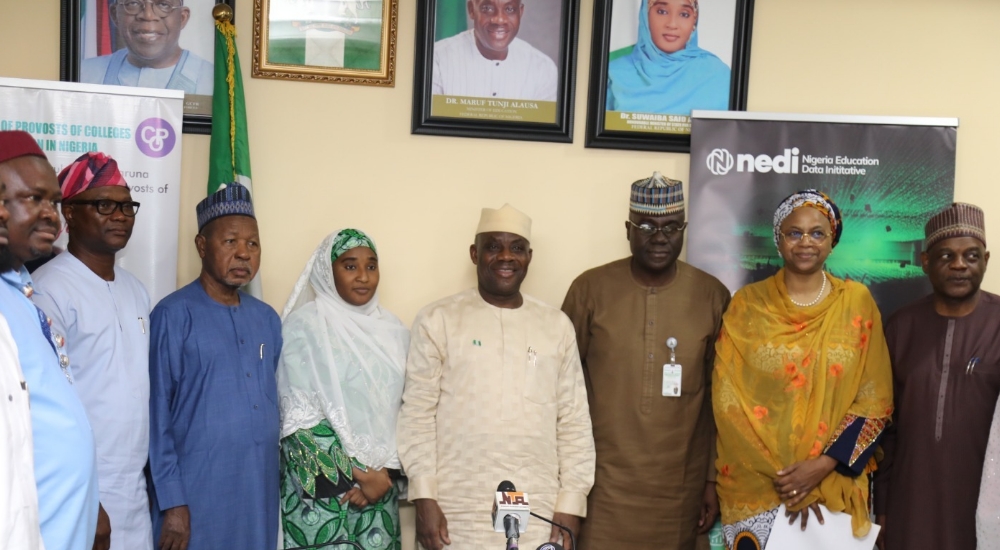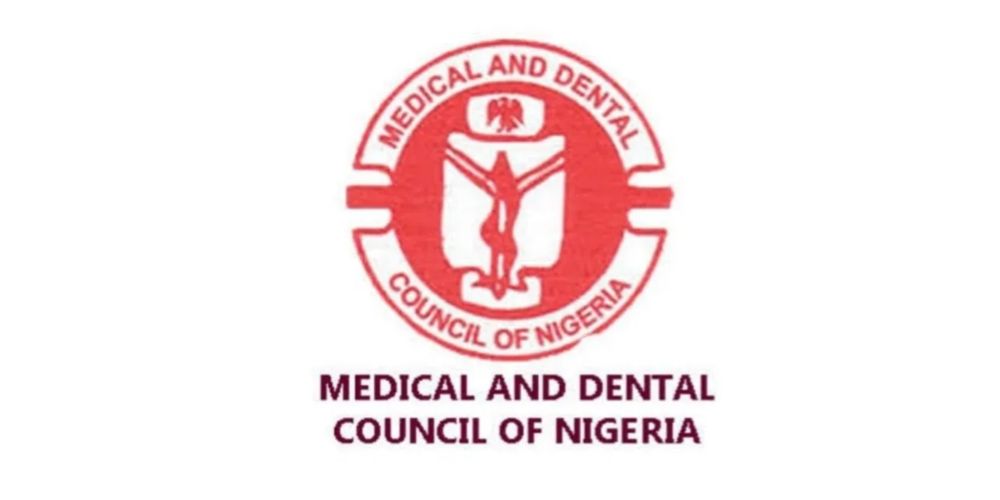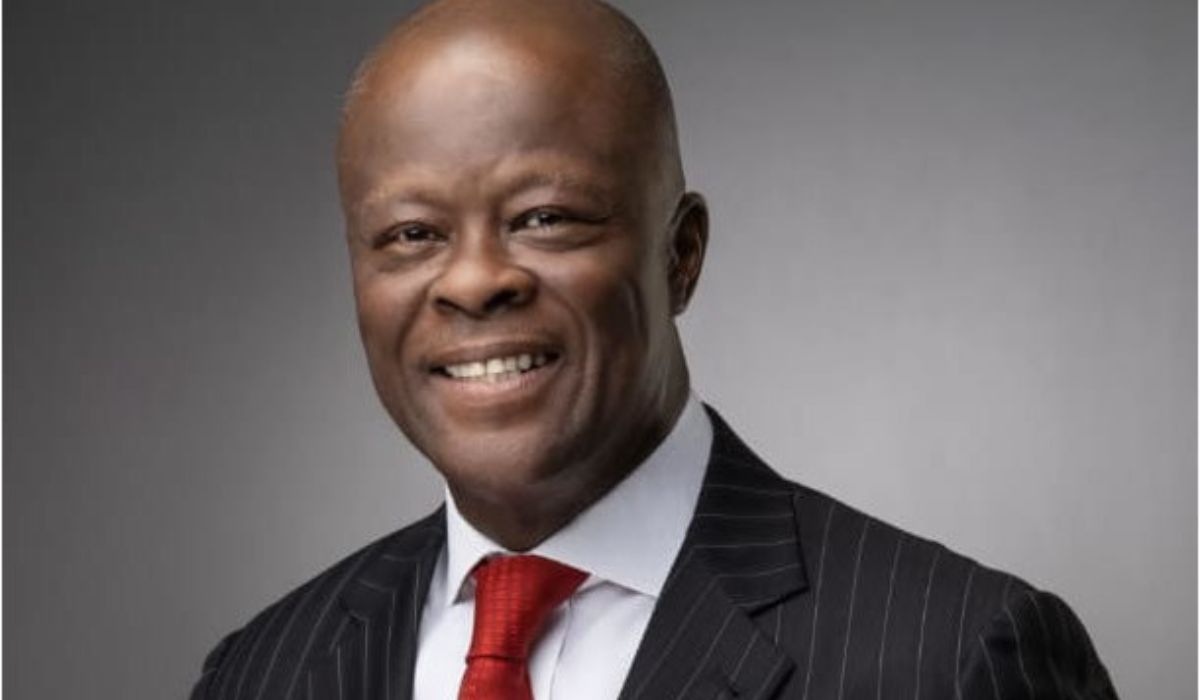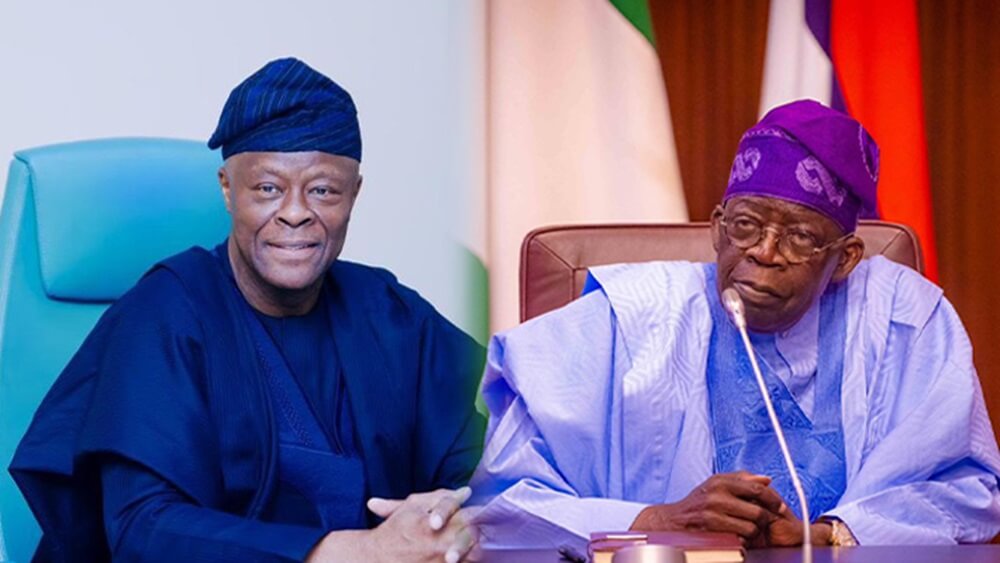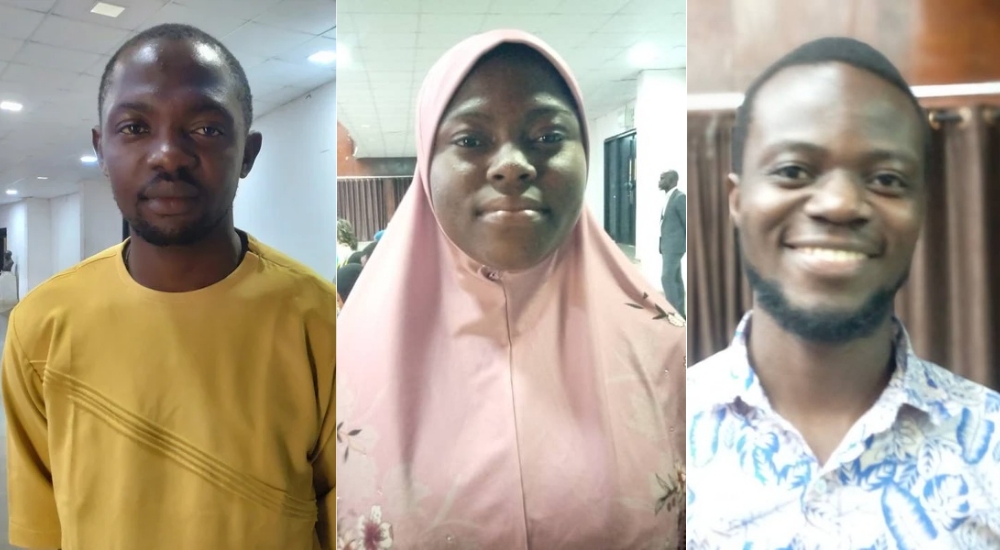How The National Assembly Fared In Two Years
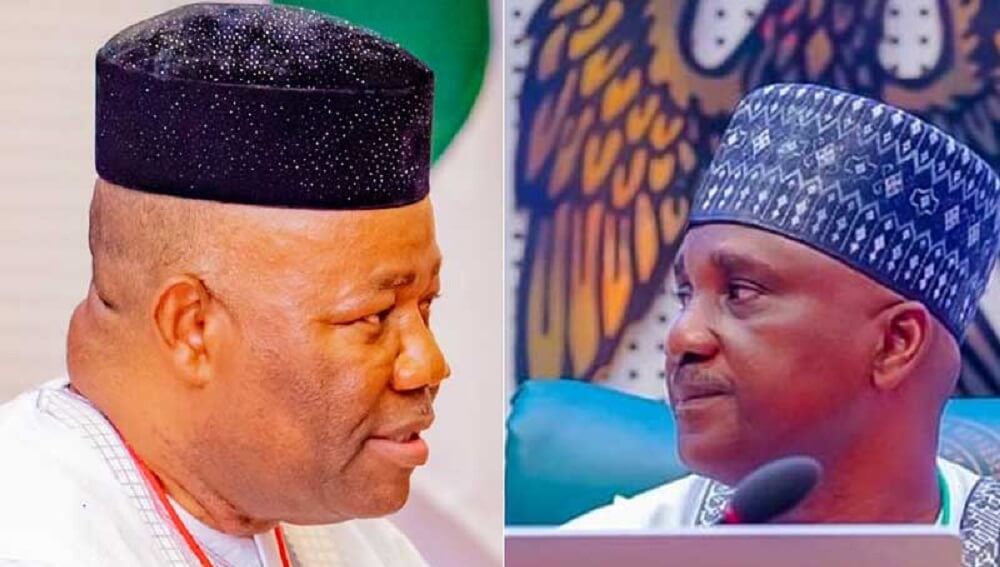
The Senate, since its inauguration on June 13, 2023, has recorded a mix bag of what could be termed as its own achievements that critics considered uninspiring. In the two years, the Senate initiated 477 bills. Of the number, only 25 of them were passed into law. Also, 275 bills were introduced, with 45 of them passing the second reading, and 43 reached the committee stage. About 13 bills emanated from the executive arm. Some of the major bills passed include the Student Loan Bill, which provides interest-free loans to students in public owned tertiary institutions. It’s an executive bill.
Also, the National Economic Stabilisation and Recovery Act was passed. The bill sought to curb inflation, attract foreign investment and to streamline government spending with a view to bolstering the nation’s economic resilience. There was also the National Security Architecture Bill scaling through. The bill seeks to restructure the nation’s security framework to strengthen coordination and response to national security threats.
Similarly, the Universal Healthcare Coverage Bill, seeking to expand and broaden access to affordable healthcare in local communities, was passed into law. This was followed with the passing of the Petroleum Industry Reform Bill, which seeks to address inefficiencies and sharp practices in the oil and gas sector. The major strength of the bill appears to be the attempt at promoting transparency and environmental sustainability in oil and gas producing communities in the Niger Delta region. Among the top priority bills that the Senate treated, was the Investments and Securities Re-Enactment Bill. The bill sought to modernise the nation’s capital markets and align them with global standards.
Records show that the Senate screened and confirmed over 215 of President Bola Tinubu’s nominees for various positions within the period. Some of the nominees were cabinet ministers, members of Governing Boards of federal agencies, including the Central Bank of Nigeria (CBN), PENCOM, Federal Inland Revenue Service (FIRS) among others. The upper legislative chamber similarly confirmed the President’s nominees for the Governing Boards of five regional development commissions. The regional development commission cut across the North West, North Central, South-South, South East and the South West.
Tax Reform Bills And Other Controversies:
One of the major issues that generated heated controversy was the Tax Reform Bills transmitted to the legislature by President Tinubu in October 2024. The bills pitted lawmakers of northern extraction in the two chambers with their southern counterparts. Legislators from the North, vehemently kicked against the four-pronged bills, while their counterparts in the South canvassed support for the reform bills. The position taken by most of the northern lawmakers and their governors, was that the bills, if passed, would further impoverish their northern region. Specifically, they kicked against the proposed 60 percent VAT revenue retention by the generating states in the original bills. The National Economic Council (NEC) chaired by the Vice President with the 36 state governors as members, also opposed the bills. The NEC had called for the withdrawal of the bills to allow for broader consultations. Opponents of the bills had argued that if passed the way they were presented, only Lagos State, and perhaps Rivers and Ogun states would benefit from their implementation. It took the intervention of the Nigeria Governors Forum (NGF) to douse tensions that the bills generated nationwide. The most contentious aspect of the bills was the 60 percent VAT proceeds retention proposal for the generating states. When the bills were eventually passed, the 60 percent benchmark was slashed to 30 percent and the word “derivation” was replaced with “place of consumption.”
The Anti-Open Grazing Bill, which proposed the setting up of a National Animal Husbandry and Ranches Commission, received stiff opposition from lawmakers of northern extraction. They had expressed a preference for the retention of the traditional open grazing, which has been a major source of farmers/herders conflicts across many states in northern Nigeria. However, their counterparts from the South and the Middle Belt, where open grazing accounts for majority of cases of violent attacks on farming communities by armed herders, supported the bill.
In what many interpreted as a move to clip the wings of state governors, the legislature had speedily passed the Local Government Financial Autonomy Bill, which was assented to by the President.
The law made it mandatory for states to put in place democratically elected councils before they could access federal allocations meant for their respective councils. However, months after the law was enacted, the governors have yet to implement it and the federal authorities appear to be doing little to enforce compliance. It’s an executive bill.
Controversies generated by legislative approval for President Tinubu’s March 18, 2025 emergency rule declaration in Rivers State, have yet to go away. The two chambers of National Assembly, had, on March 20, approved the proclamation through a voice vote, instead of two-thirds majority prescribed by the Nigerian constitution. Widespread public criticism has continued to trail both the presidential proclamation and legislative approval of same.
Dissenting voices have not been having it smooth with the leadership of the Senate. Senator Abdul Ningi, who represents Bauchi Central on the platform of the opposition Peoples Democratic Party (PDP), was suspended for raising the alarm over alleged padding of the 2024 budget to the tune of N3.7 trillion. The Senate leadership denied the allegation and accused Ningi of peddling deliberate falsehood.
Also in 2024, Senator Ali Ndume (APC, Borno South), lost his position as the Chief Whip for consistently criticising certain policies of the Tinubu administration. His position was given to Senator Tahir Monguno, a fellow senator representing Borno North.
Perhaps, what may stand as a major scandal in the life of the 10th Senate, was the allegation of sexual harassment pinned on the President of the Senate, Godswill Akpabio. The accuser was Senator Natasha Akpoti-Uduaghan representing the Kogi central district on the platform of the PDP. She accused Akpabio of intimidating and victimising her for refusing his sexual advances. But Akpabio denied the allegation, describing it as sheer blackmail. According to the President of the Senate, the female senator only wanted to get back at him for removing her from her position as chairman of the Local Content committee of the Senate. The Kogi senator
was investigated and found guilty by the Senate committee on Ethics, Code of Conduct and Public Petitions. She got suspended for six months while her salaries and allowances have been frozen for the duration of the suspension. The entire brouhaha started when the female senator got to the chamber for plenary on a day in February, only to discovered that Akpabio had changed her seating position. Many considered the sexual harassment allegation as a bit far fetched. But they hold that Apkabio could not rationalise changing Akpoti-Uduaghan’s seat or removing her as chairman of the Local Content committee. In a curious twist however, the federal authorities have pressed criminal defamation charges against the female senator for accusing Akpabio of attempting to assassinate her. The case is presently in court awaiting hearing.
The conduct of the Senate’s oversight functions and investigative hearings by the various committees have left much to be desired. Most of the hearings appear to be circuit shows for the media and television cameras where heads of invited MDAs are put on the hot seat. In most cases, nothing is ever heard about the issues raised at such hearings despite the tough talks by the senators. The trend has been on for over a decade.
Defection and carpet crossing by opposition lawmakers to the ruling APC, has became a fad in the 10th National Assembly. No fewer than seven senators have so far defected from their minority parties to the ruling party. Worst hit is the PDP, which has lost four of its senators to the APC in the last few weeks alone.
Absenteeism, or truancy, is a major drawback of legislative activities in the two chambers. More often than not, attendance at plenary sessions is less than 40 of the 91-member Senate. The situation is the same in the House of Representatives where less than 70 of the 360-member House attend plenary on any good day.
The House Of Representatives:
There is very little difference between the House and the Senate in terms of quality of debates on topical national issues. By their sheer numbers and their relative youthfulness, compared with their counterparts in the Senate, Nigerians expect members to be more radical in outlook. But the reverse has been the case. Like the Senate, members are always on the overdrive to pass executive bills transmitted to the legislature by the President. The alacrity, with which they concur with
versions of executive bills passed by the Senate betray the lack of thoroughness on their part. There has never been any open disagreement on principles regarding any bill passed by the Senate in the last two years. More concerning to the public, is the speed with which the House and the Senate approve every loan request from the President. There are strong indications that such requests are not being given enough scrutiny before they are approved. Another of such loan request, was received from President Tinubu on Tuesday. Again, the President is seeking approval for an external borrowing of a whopping $21.5 billion. There are also separate $2.9 billion and another N757 billion contained in the President’s request letter. The borrowing are being sought ostensibly to develop infrastructure and to pay pension arrears to retirees. Expectedly, the PDP leadership has kicked against the borrowings, urging the lawmakers to reject the requests. But judging by the trajectory of the present National Assembly, the President’s latest requests may be approved without any rigorous scrutiny as usual. The present National Assembly is widely seen by critics as a rubber stamp of the executive arm.
Also, the leadership of the House, specifically, the Speaker, Abbas Tajudeen, just like Akapbio, has not been inspiring in his legislative duties. Within nine months, the Speaker had had cause to withdraw two different bills he sponsored, or co sponsored. The two bills were clearly at variance with the common good. One of his now withdrawn bills had sought 10 years jail term for anyone who refused to sing the revived “Nigeria we hail thee” national anthem. The other one, which he introduced a few weeks ago, was as ludicrous as it was high-handed. That bill sought to prescribe six months jail term, or N100 fine for Nigerians who fail to vote at federal and state elections. The public outcry that greeted the introduction of the two bills forced Mr Speaker to beat a retreat. He announced the withdrawal of his latest bill on Sunday night, a few days after he sponsored it.
Public Hearings
So far, the most impressive of the House’s oversight functions are the public hearings conducted by the Public Accounts Committee. With the efforts of that committee, billions of Naira in evaded taxes and royalties standing to the credit of the Federal Government, had been recovered from a number of blue-chips, including oil and gas companies. The committee, chaired by Mr Bamidele Salam, has been outstanding and has continued to demonstrate its capacity to bark and bite.
Gaps In Constitution Review:
The constitution review exercise is embarked upon by every session of the National Assembly since 1999. But the review exercise has left gaping gaps, especially in the area of electoral reform. The lawmakers have continually sidestepped some key recommendations contained in the Muhammadu Uwais Electoral Reform Committee. Among the recommendations of the committee, which was set up by the late President Umaru Yar ‘Adua, was the need for the establishment of Electoral Offences Commission and Electoral Offences Tribunal. The envisaged Commission and the Tribunal, are to be saddled with the responsibility of investigating and prosecuting electoral offenders. The Uwais committee also recommended that the President be stripped of the powers to appoint the chairman of the Independent National Electoral Commission (INEC). Instead, it recommended that the National Judicial Commission (NJC) be vested with such powers. This is to ensure neutrality in the appointment of the nation’s chief electoral umpire. However, the lawmakers, over the years, have deliberately avoided these key recommendations, for obvious reasons. Their refusal to accommodate the recommendations, has lent credence to the fact that members of the political class are bent on compromising the electoral process at its various stages. Meanwhile, about 113 bills on constitution review have already scaled second reading in the House. As of mid-May, 2025, the House had introduced 1, 351 bills and passed 89 of them. Most of the bills passed were executive bills and were in concurrence with the versions passed by the Senate.
How The National Assembly Fared In Two Years is first published on The Whistler Newspaper

